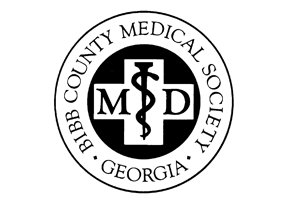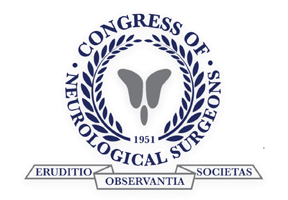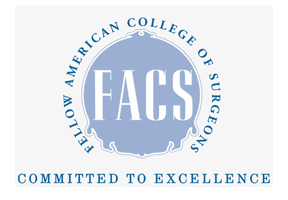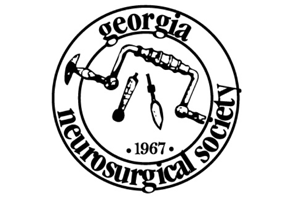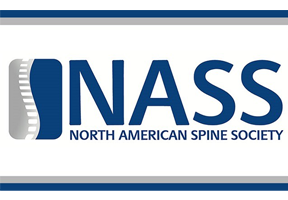The loss of bone density in a person’s vertebrae due to disease or trauma can cause discomfort and loss of height. Fortunately, a relatively new procedure called kyphoplasty is helping thousands of people find relief from osteoporosis! Discover the details:
What is osteoporosis?
Osteoporosis is a bone disease that compromises the density of bone matter. As this disease progresses, it makes it difficult for the body to create bone tissue, thus making your bones weak. Because of this, bones or vertebrae may fracture which can be both painful and greatly impact your everyday activities. Frustratingly, there are rarely any symptoms until your bone fractures.
This disease is very common, afflicting roughly three million Americans each year. With so many people suffering from osteoporosis, it’s important to ask, “what can be done?” Many people pursue relief through medication or bone-strengthening exercises. Others are pursuing relief through a minimally invasive surgery called kyphoplasty.
How can kyphoplasty help?
Because your spinal column has been compromised, it’s important to reinforce the weakened or fractured area with special cement. This is done through a minimally invasive surgery called kyphoplasty. This procedure stabilizes the spine and recreates the original structure of the damaged vertebrae.
Through special technology and skilled hands, a needle will be placed into the collapsed vertebrae once the patient is under anesthesia. Your surgeon will place a balloon into the damaged vertebrae to create space for the special cement. Once the cavity is created, the balloon is removed and the bone cement is inserted and hardens quickly. This procedure has helped many people regain the structure and height of damaged vertebrae, positively affecting their overall quality of life!
Kyphoplasty can help people who have compromised their vertebrae due to disease, injury, or trauma. Cancer patients can suffer these vertebrae fractures as well due to the chemo weakening their bones. If you have any questions about this procedure or how our surgeons can help, call us today: 478-743-7092.


